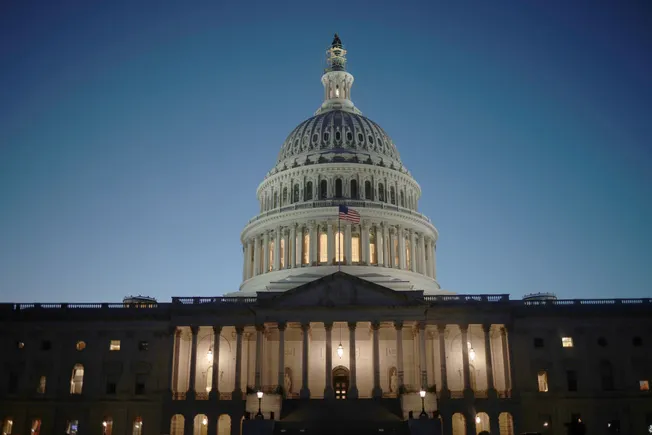The budget bill currently being deliberated in Congress is both extensive and intricate. With over 1,000 pages of content, it encompasses tax and spending cuts that will have far-reaching effects on the pharmaceutical and healthcare sectors.
The bill, which recently passed in the House and is now under scrutiny by the Senate, includes provisions targeting pharmacy benefit managers and the Inflation Reduction Act. However, the bill’s future is uncertain as Senate Republicans grapple with internal divisions over spending cuts and concerns about adding trillions to the national deficit, potentially delaying the self-imposed July 4 deadline.
Within the pharmaceutical industry, there are both victories and setbacks outlined in the bill that companies need to be aware of.
### IRA Reforms
Advocates within the industry have been pushing for reforms to the Inflation Reduction Act, particularly focusing on the Medicare drug price negotiation program. One of the proposed changes in the bill is to extend the exemption for orphan drugs from price negotiations to those treating “one or more rare diseases or conditions.” This adjustment aims to encourage pharmaceutical companies to pursue treatments for rare diseases without facing pricing constraints.
Despite industry lobbying efforts, a significant reform known as the pill penalty, which impacts drug pricing based on the type of drug, is not included in the current budget bill. There have been calls for a standalone bill, the Ensuring Pathways to Innovative Cures (EPIC) Act, to address this issue, emphasizing the need to restore parity for small molecule drugs and biologics.
### PBM Changes
The budget bill also includes provisions targeting pharmacy benefit managers (PBMs), which have been criticized for their role in driving up drug prices. While the bill does not encompass all the reforms proposed for PBMs, it introduces modest changes related to federal health programs. These changes include prohibiting spread pricing, ensuring that PBMs pass on rebates to Medicare Part D plan sponsors, and limiting PBMs to collecting only service fees as compensation.
Additional PBM reforms may be addressed by Congress separately from the budget bill, with the possibility of amendments being made by the Senate to further enhance regulations on PBMs. Despite the complexities and uncertainties surrounding the budget bill, it is clear that pharmaceutical companies need to stay informed and engaged with the evolving legislative landscape.


